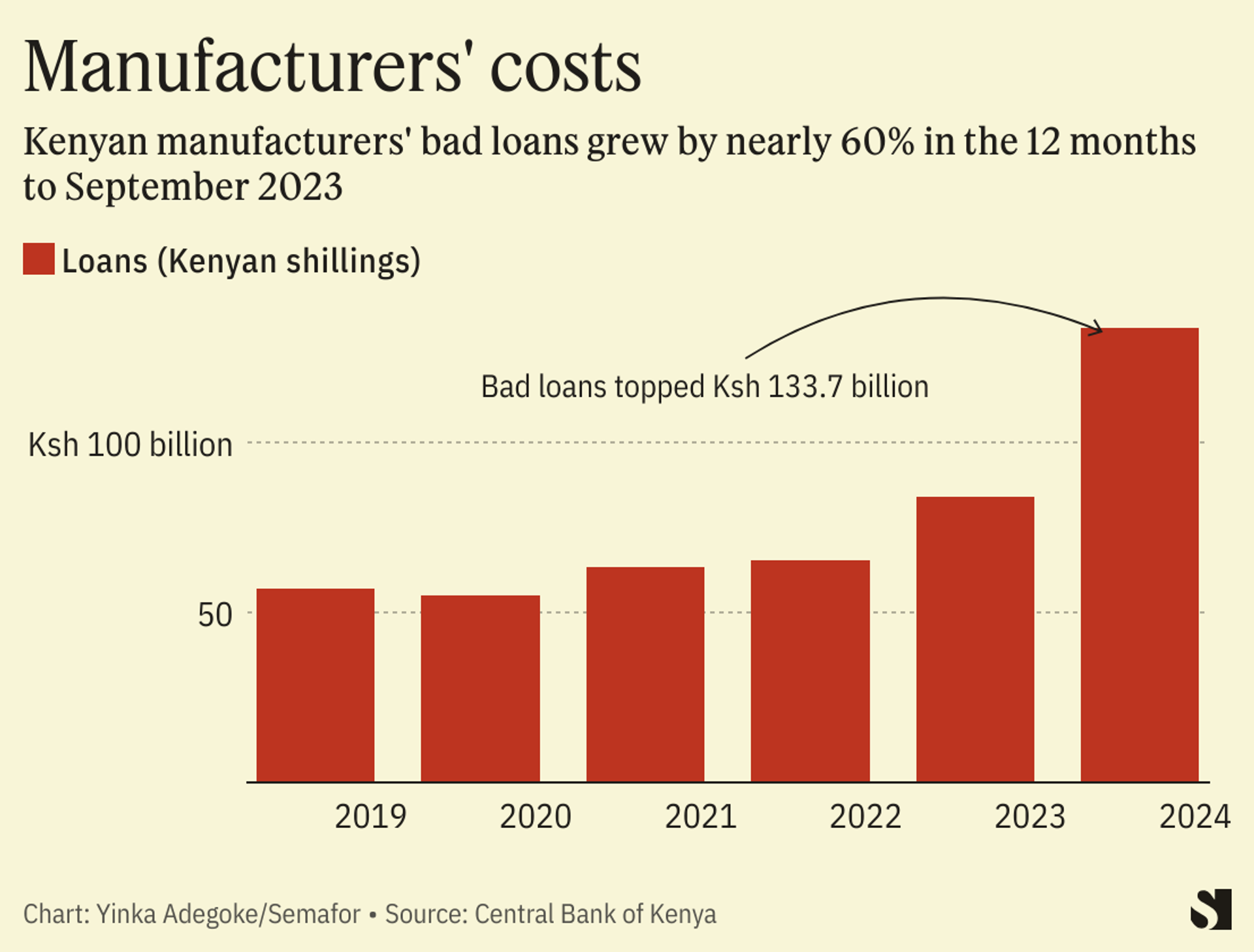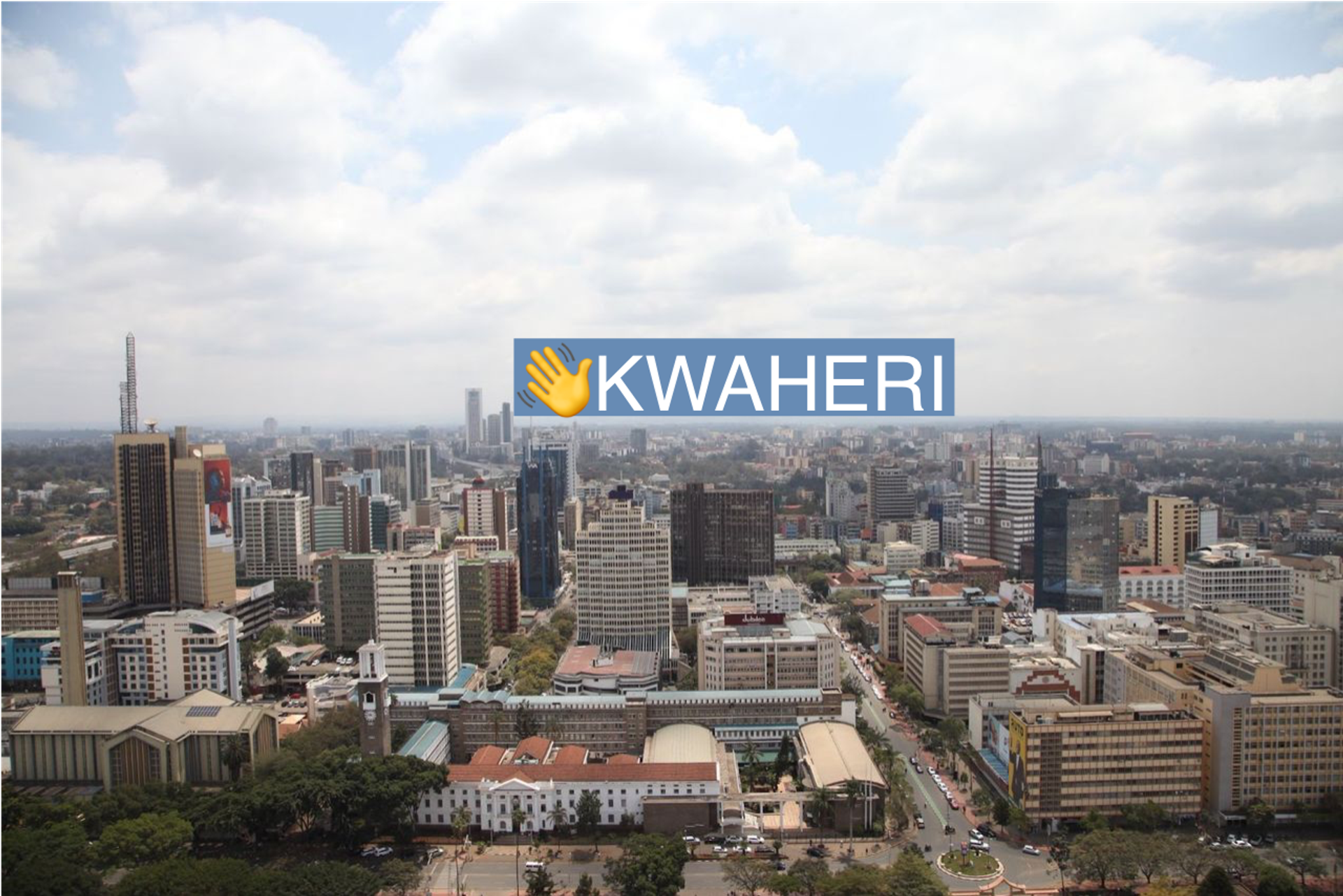The Facts
German pharmaceutical Bayer has become the latest multinational to scale down its operations in Kenya. It announced this week that it would be outsourcing its distribution, customer support, marketing and sales operations to a third-party. UK pharmaceutical giant GlaxoSmithKline made a similar transition last year, and American consumer goods manufacturer Procter & Gamble is also expected to exit Kenya in 2024.
In this article:
Know More
→ What’s the bigger picture? Tough economic conditions including new taxes, a weakening shilling and high energy costs are hurting businesses in Kenya. Manufacturers have been hit particularly hard. The Kenya Association of Manufacturers (KAM) said in January that at least 10 manufacturers plan to exit the market in 2024. It blamed the introduction of new levies, coupled with the increase of existing taxes.
→ Are these problems showing up anywhere? Notably, manufacturers also accounted for the lion’s share of defaulted loans in Kenya in 2023 according to new data from the country’s central bank. The sector’s bad loans grew 59.2% to $833 million in the year to September 2023.

→ Why do these departures matter? The exit of major manufacturers could exacerbate Kenya’s unemployment problem, and slow growth in East Africa’s largest economy. Around 2.94 million Kenyans, or 5.5% of the country’s population, are unemployed. Frustration is also high over the cost of living and new taxes.
→ What do stakeholders want? Kenya’s umbrella trade union body COTU and the Kenya Private Sector Alliance (KEPSA), like the manufacturers association, have urged the government to review its taxation policies to make Kenyan businesses more competitive in the region. COTU wants the government to consider offering tax waivers to incentivize manufacturers.
→ What’s the government saying? The government last week unveiled a plan to revitalize the manufacturing sector. It aims to increase the sector’s contribution to GDP to 15% by 2027, from 7.6% in 2023. The plan is centered on creating 30 industrial parks across the country to develop local value chains. The country’s manufacturing cabinet secretary said the plan would “fundamentally redefine” Kenya’s economic landscape.
The View From Lagos
Multinational company Procter & Gamble, a U.S.-based consumer goods giant, last December announced it would stop producing its care and hygiene products in Nigeria. British multinationals GSK and Unilever also joined a growing list of companies that announced changes to their Nigeria operations, citing forex pressures.

